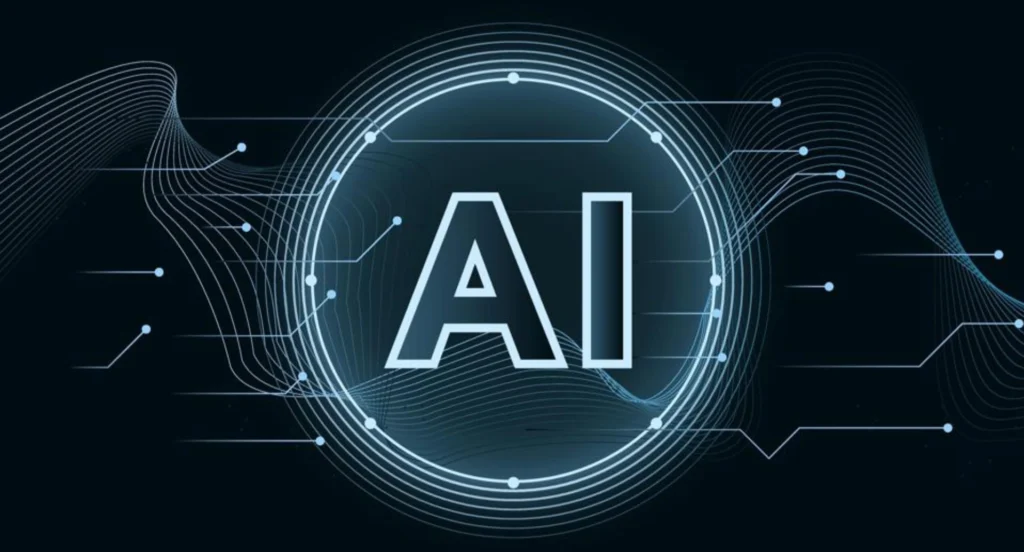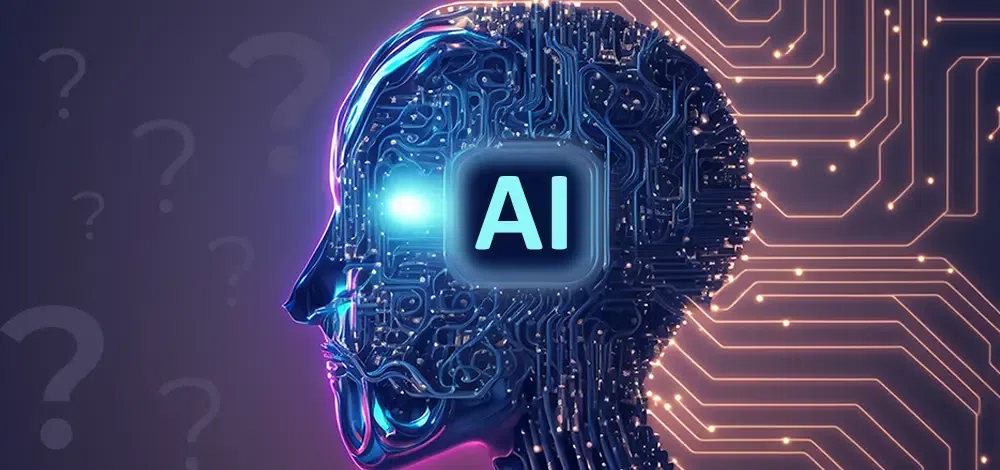Artificial Intelligence (AI) is considered the most transformational technology in today’s time. It is reshaping business processes and the way businesses operate. In that context, AI is creating new opportunities and challenges for the workforce.
So, staying up-to-date with the AI trends and utilising AI tools for increasing productivity at work. This can be achieved through proper training, like enrolling in an IIT Artificial Intelligence course.
Let’s explore how AI and emerging technologies are transforming workforce and reshaping business operations.
Automation of Repetitive Tasks
One of the most significant impacts of AI on the workforce is the automation of routine tasks. Traditionally, labour-intensive jobs such as data entry, customer support, and even complex roles like legal document analysis are now being automated by AI systems.
With automation taking over repetitive tasks, businesses can save time and reduce errors while allowing human workers to focus on higher-value activities that require critical thinking, creativity, and strategic decision-making.

For example, AI-powered chatbots now handle basic customer service queries, allowing human agents to handle more complex interactions. In industries like manufacturing and logistics, robots equipped with machine learning algorithms optimize supply chains, track inventory, and even predict machine failures. This shift means that while some jobs are being displaced, new roles are being created to manage and work alongside these emerging technologies.
However, the risks associated with complete automation of tasks is job displacement. People may lose their jobs, which can simply increase unemployment. The solution is to keep up to date with these technologies so you can grab the new jobs created in the era of AI.
New Job Roles for AI-Driven Workplace
As AI and emerging technologies reshape industries, new roles and career opportunities are being created. Jobs in data science, AI development, machine learning engineering, and automation management are becoming increasingly important. These roles are vital to building, maintaining, and improving the AI-driven systems that businesses rely on.
One of the key change is the rise in the demand for AI courses or AI certifications. These courses focus on equipping individuals with knowledge in areas like data analysis, machine learning, and AI system design, allowing them to better understand and integrate AI solutions into their work.
Upskilling of Workforce
To keep pace with the advancements in AI and emerging technologies, workers need to adopt a mindset of continuous learning. Upskilling and reskilling have become essential strategies for workers to stay relevant in their fields. This is especially important for professionals whose jobs may be at risk of being automated or those who want to transition into AI-driven roles.
Many educational institutions, like IIT, are offering AI certification programs to help students learn and excel AI. These programs cover various aspects of AI, from fundamental machine learning principles to hands-on programming exercises, ensuring that professionals can apply their knowledge in real-world scenarios.
Increased Human-AI Collaboration
Rather than fully replacing humans, AI is augmenting human capabilities in the workplace. In the future, we can expect a more collaborative relationship between humans and AI. This shift will allow businesses to become more efficient, creative, and responsive to changing market demands.
For example, AI systems can assist professionals in healthcare by analyzing medical images or predicting patient outcomes based on data, but human doctors and nurses will still play a critical role in providing care and making final decisions. In creative industries, AI can help generate ideas or analyze market trends, but human creativity will remain the driving force behind innovation.
The key to thriving in this new landscape is understanding how to work alongside AI. This involves leveraging AI’s capabilities while using human intuition, empathy, and problem-solving skills to enhance overall outcomes.
Conclusion
AI and emerging technologies are reshaping the workforce in profound ways, creating both challenges and opportunities. While automation may displace certain jobs, new roles are emerging that require specialized skills in AI, data analysis, and machine learning. To stay competitive, professionals must invest in continuous learning, particularly through AI courses, like the IIT Hyderabad AI course, which provides the knowledge needed to navigate an AI-powered world.
The future of work will be defined by the collaboration between humans and AI, with workers who embrace these emerging technologies positioned for success.
Laura Kemmis is a passionate trendsetter and reviewer, dedicated to researching the latest scams and frauds while sharing her insights with the world. She provides valuable information to keep her audience aware and informed about the latest scams. Additionally, Laura discovers and analyzes trends in fashion, technology, and lifestyle, offering a fresh and honest perspective in her reviews.







